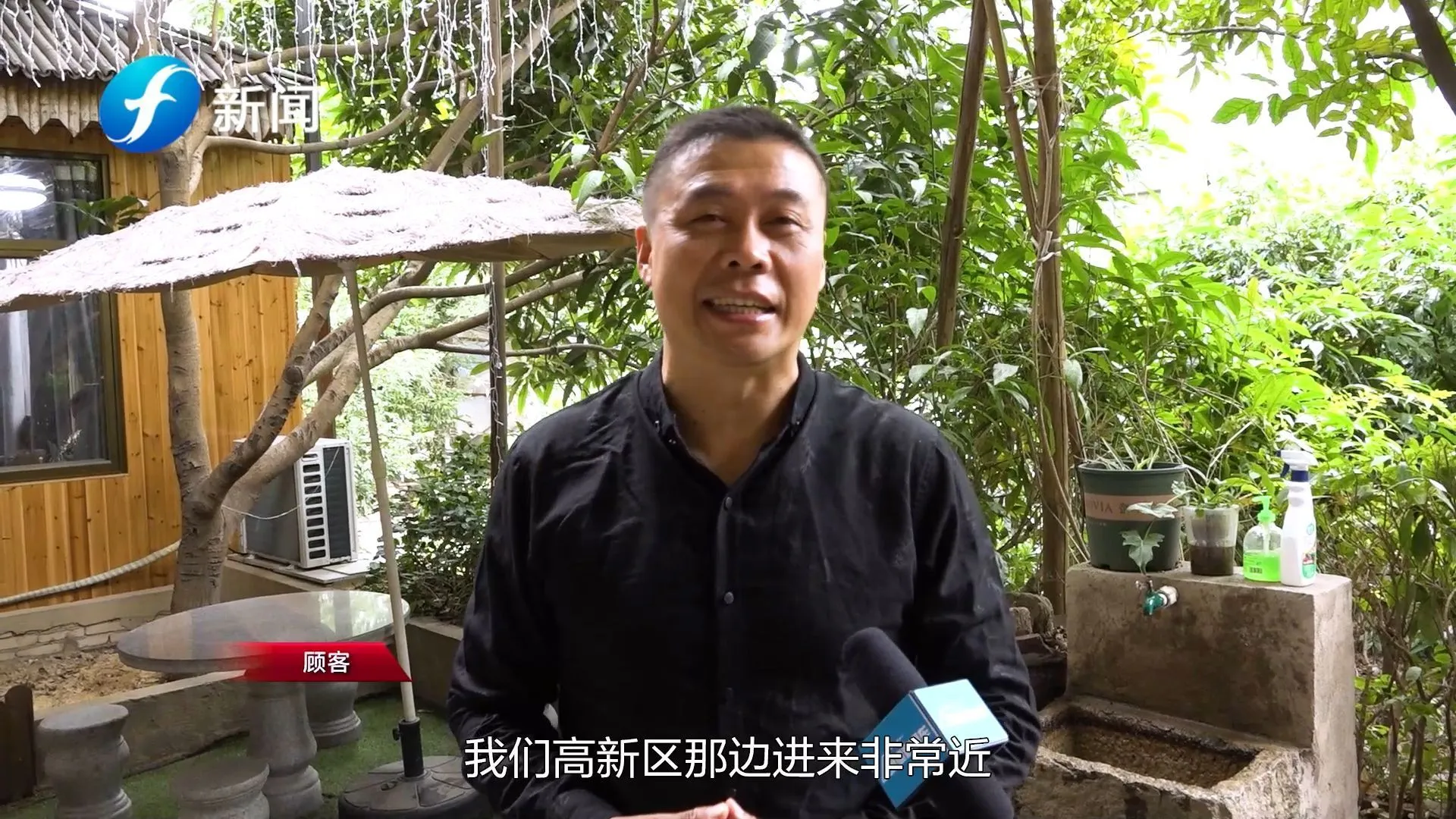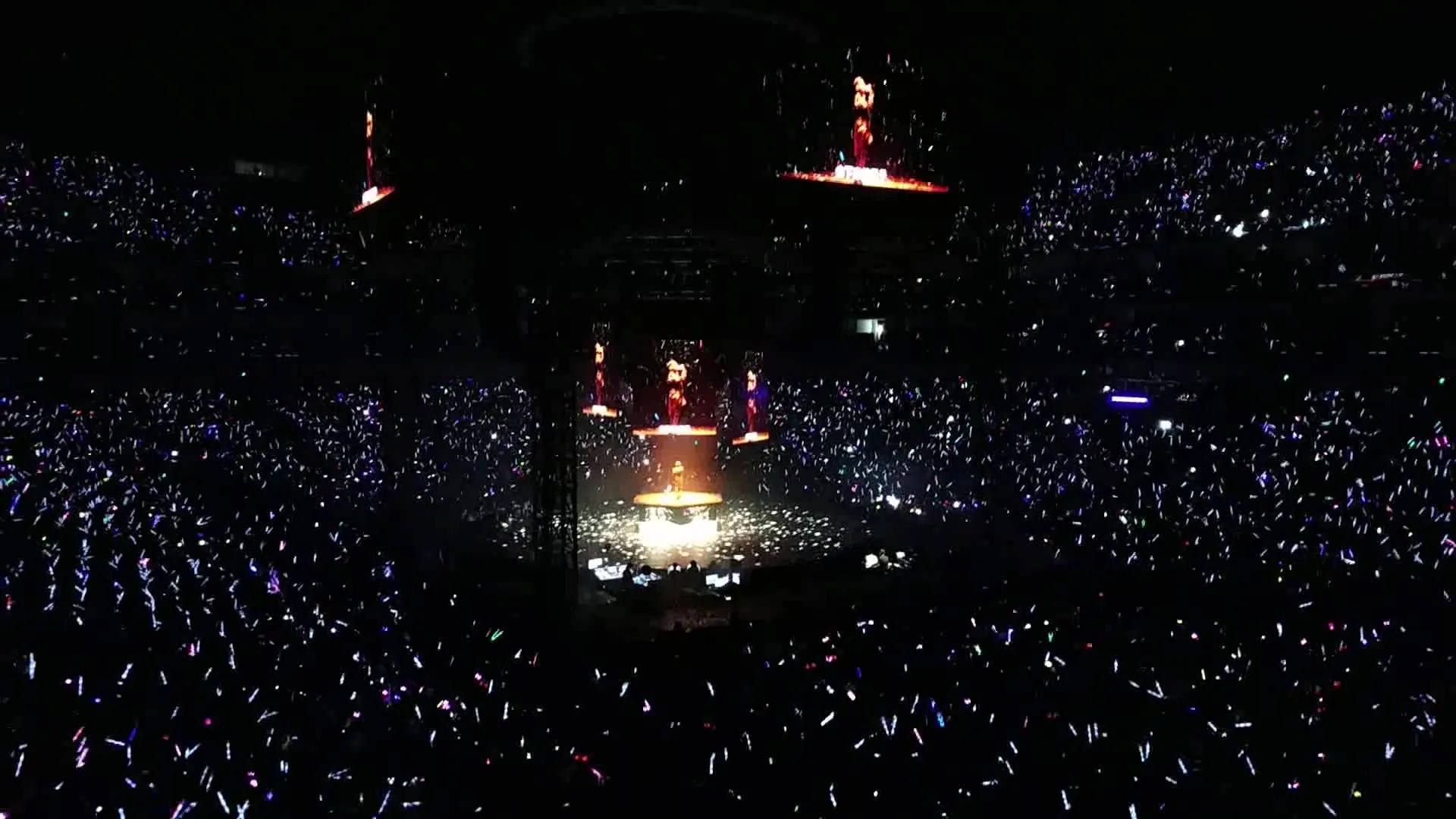女编辑怒斥八戒,《黑神话》中的性格扮演
女编辑的怒斥,八戒的性格扮演图片 Rec
女编辑的怒斥,八戒的性格扮演
 Recently, Eurogamer’s female editor Katharine Castle gave 《黑神话:悟空》 a score of 3⁄5, and her negative comments about Zhū Bājiè sparked a heated discussion among players.
Recently, Eurogamer’s female editor Katharine Castle gave 《黑神话:悟空》 a score of 3⁄5, and her negative comments about Zhū Bājiè sparked a heated discussion among players.
In her review, Castle said, “The later chapters of the game will make you suffer from the constant belittling and sarcastic remarks of a certain companion (I won’t mention his name). He keeps making derogatory comments about you, making you want to take his ‘legendary’ rake and give him a good scrape.”
Many players were puzzled by her comments, thinking that Zhū Bājiè’s “trash talk” in the game was not annoying enough to cause frustration. On the contrary, many people think that this is one of the fun parts of traveling with him. Some players also pointed out that Zhū Bājiè’s character in the original work is like that, and 《黑神话》 did a great job of restoring it.
玩家们的热议,八戒的形象
 The debate sparked by Castle’s comments has raised questions about the role of Zhū Bājiè in the game. Is his “trash talk” really that annoying, or is it just a part of his character? Should the game developers tone down his criticism, or is it an essential part of the gameplay experience?
The debate sparked by Castle’s comments has raised questions about the role of Zhū Bājiè in the game. Is his “trash talk” really that annoying, or is it just a part of his character? Should the game developers tone down his criticism, or is it an essential part of the gameplay experience?
The discussion also raises questions about the expectations of players towards game characters. Should they be more considerate and respectful, or can they be more realistic and rough around the edges? The debate is ongoing, and it will be interesting to see how game developers and players respond to it.
游戏中的性格扮演,玩家的想象空间
 The controversy surrounding Zhū Bājiè’s character highlights the importance of character development in games. Game developers should strike a balance between creating realistic characters and avoiding annoyance or frustration. At the same time, players should also be open-minded and tolerant of different character traits.
The controversy surrounding Zhū Bājiè’s character highlights the importance of character development in games. Game developers should strike a balance between creating realistic characters and avoiding annoyance or frustration. At the same time, players should also be open-minded and tolerant of different character traits.
In the end, the debate is not just about Zhū Bājiè’s character, but about the expectations and boundaries of game development and player experience.